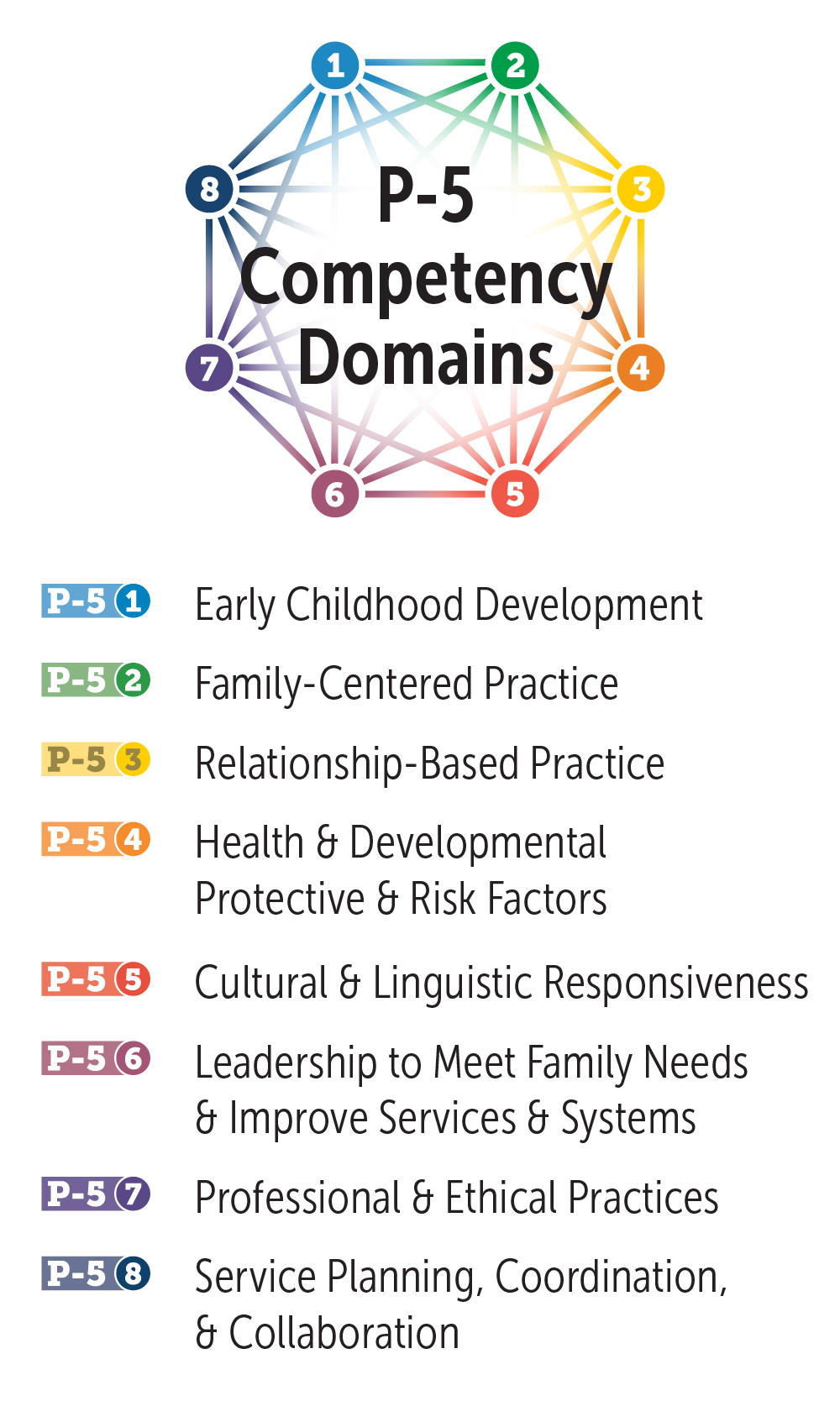
Critical Competencies for Infant-Toddler Educators™ Online Module C-1: Facilitating Exploration and Concept Development
Infant-toddler educators have a critical role to play in supporting infant and toddler exploration of objects and experiences that promote an understanding of the way the world works. As a trusted and consistent adult in a young child’s life, an infant-toddler educator provides a secure relationship. Within this secure relationship infants and toddlers may test assumptions about the way things work and experiment with using familiar items for new purposes. Infants’ and toddlers’ understandings about basic concepts like shapes and sizes, feelings, and body movement in space can also be enhanced. It is through the skillful facilitation of play and exploration that an infant-toddler educator both extends children’s interest in objects and activities and sets the stage for children to develop more complex understandings of concepts in line with their developmental stage. Infant-toddler educators participate in the child’s play, ask thought-provoking questions, set up challenging scenarios, and act intentionally to enhance children’s understanding of concepts. This is not a simple task. Knowing when and how to extend a child’s engagement toward the development of a more complex understanding requires educators to respond to a child’s growing interest and skill, while also remaining mindful of overtaxing or frustrating that same child. Infant-toddler educators need to draw upon their knowledge of individual children’s interests, temperaments, culture and language, and physical needs to ensure that they are providing access to objects and experiences that challenge children’s skills and understanding, while allowing for success that will reinforce children’s desire to repeat such exploration in the future.

